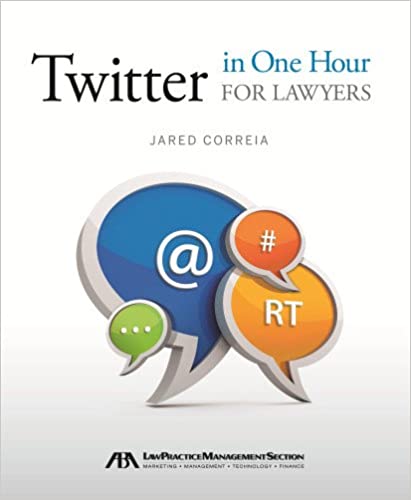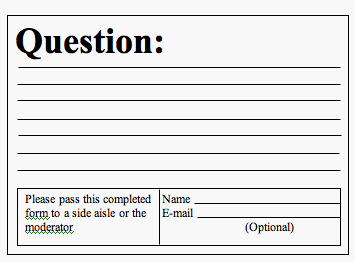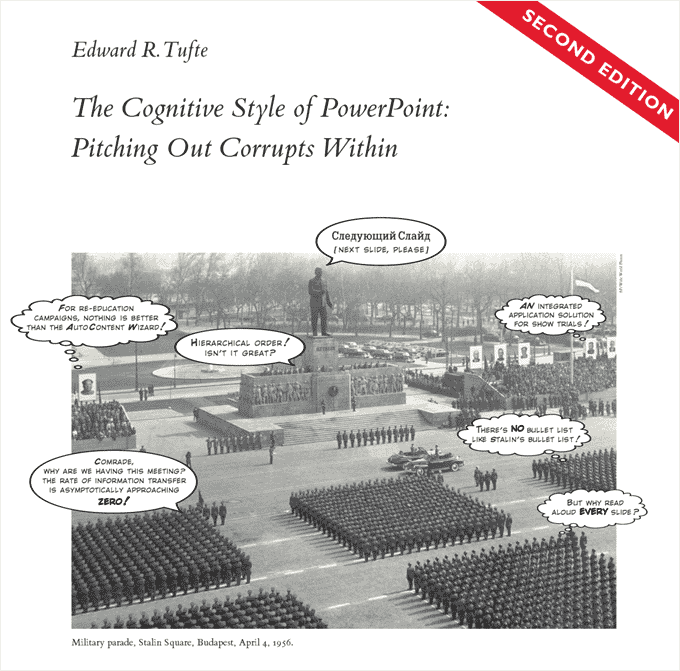One of my favorite presentation techniques is using forms for audience members to ask questions. Left to my own devices, I would never have realized the value of this technique, but having seen it used very effectively in several CLE programs I did for the Pennsylvania Bar Institute, I became a believer. I now use the technique for the reasons PBI used it, and have found multiple other benefits. A sample question form appears at left.
The PBI programs I did drew large audiences, many of whom were eager to ask questions. PBI staff circulated among the audience collecting the forms and delivered them to the panel moderator. While one panelist was answering a question, the other panelists, led by the moderator, would quickly study other written questions, decide which ones had the most intructional value, who would address them, and prepare their answers.
Why Use Forms?
Rambling, disjointed answers are one of the most annoying presentation flaws. The use of question forms facilitates large improvements:
Giving panelists time to think about their answers and decide which panelist(s) could answer most effectively results in enormously more concise and useful answers.
This was only the beginning of the benefits, however. Audience members sometimes use questions not to seek knowledge, but to advance personal agendas. The use of question forms gives the speaker or moderator (if a panel) better control over the situation. If there is not enough time to answer all questions, those questions motivated by personal agendas get the lowest priority.
There are many other benefits to using question forms. It’s more democratic, as the audience members with the most instructive questions may not be the most assertive in getting the moderator’s attention. Experience over a decade using this technique has convinced me that written questions tend to be more thoughtful than spoken questions.
Especially where I will be teaching similar classes in the future, I find it invaluable to keep a record of the audience’s concerns. The questions frequently stimulate my thinking on the topic, causing me to add modules to future training programs or use the ideas in other ways. Many of the best ideas I’ve used in writing books and magazine articles were prompted by questions asked during various seminars.
Optional or Mandatory?
Should you answer only questions submitted on written forms? In large groups or where there is heavy audience interest in the topic, this may be the best way.
Post-Presentation Questions
Some speakers might like audience question forms because they enable the speaker to avoid unwelcome subjects. In some situations, this might be appropriate, but it’s not the way I use question forms. I normally volunteer to take additional questions from the floor as well. I also usually tell the audience that I will distribute answers to all remaining unanswered questions after the conference. I answer all the questions, but in a way that gives me better control.
Of course, the best way to answer post-conference questions is via a website or blog that you control and want to expose to audiences. This is called “killing two birds with one stone.”
Like this:
Like Loading...



